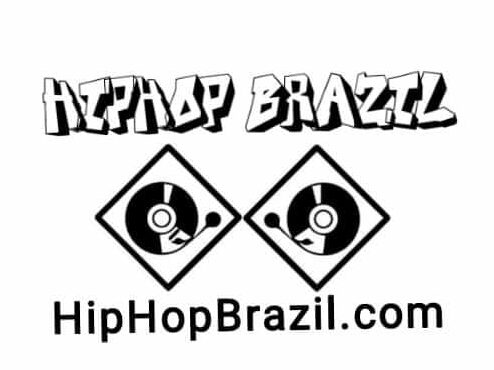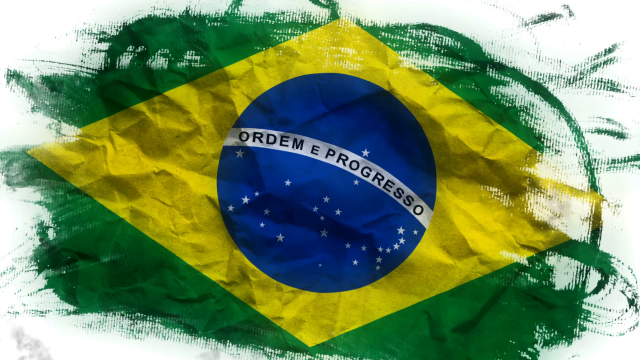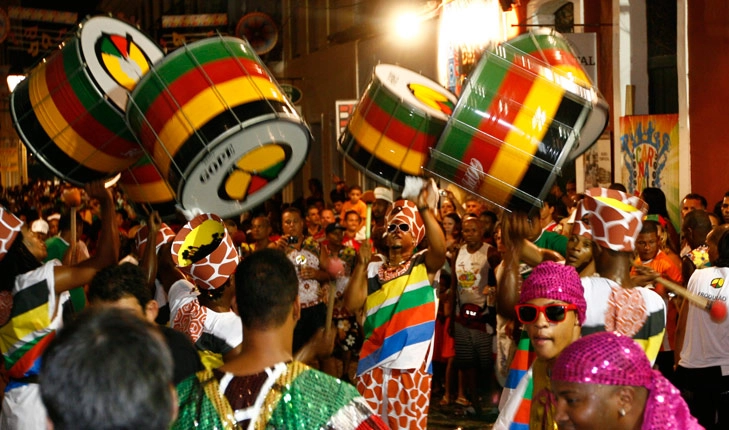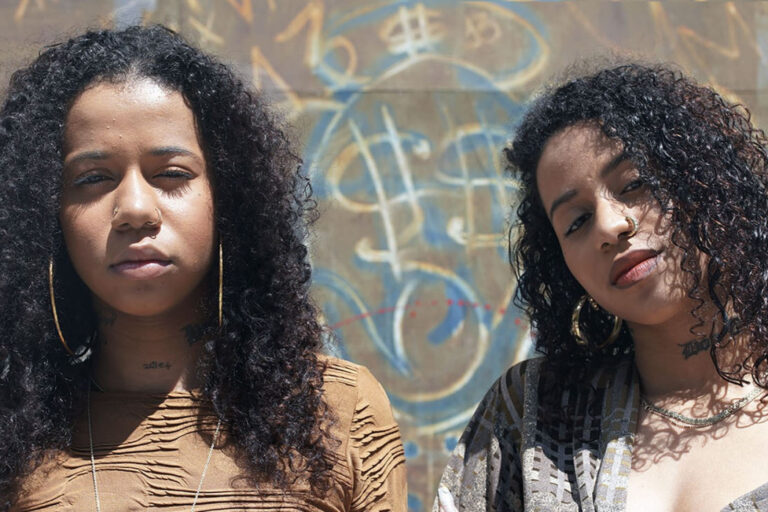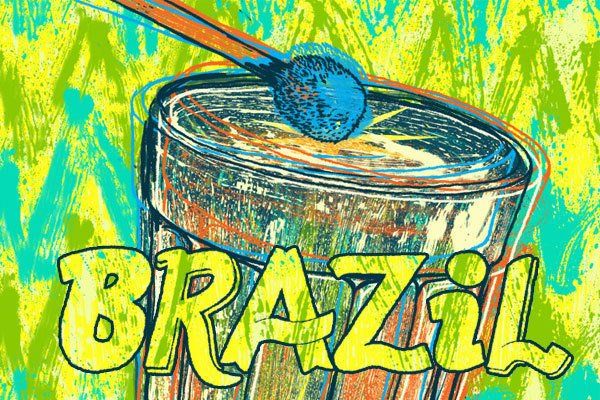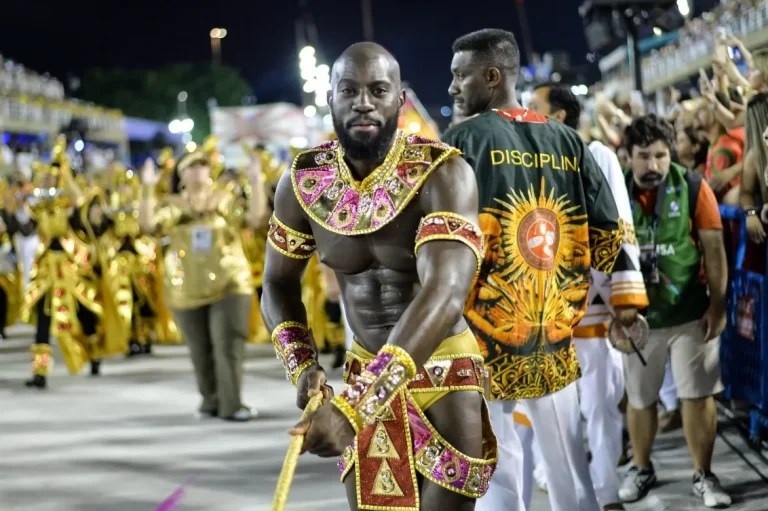
In the vibrant landscape of Brazilian music, few genres capture the heartbeat of the streets quite like Brazilian Funk. Also known as Funk Carioca, this high-energy genre has become a cultural phenomenon that transcends borders, electrifying audiences both in Brazil and around the world.
The Evolution of Brazilian Music
Brazil’s music is a dynamic fusion of African, European, and Indigenous influences. From the lyrical flow of bossa nova to the percussive power of samba and the introspective tone of MPB (Música Popular Brasileira), each genre tells a story of its people and history.
Funk Carioca emerged from this cultural melting pot in the late 20th century. Born in the favelas of Rio de Janeiro, it grew as a raw and rhythmic response to the everyday realities of marginalized communities. Initially shaped by Miami bass and freestyle music, Funk Carioca gradually evolved into a distinctively Brazilian sound.
The Rise of Funk Carioca
Funk Carioca, also called favela funk or baile funk, began in the 1970s as DJs in Rio’s favelas blended soul, R&B, and funk from the U.S. with the energetic beats of Miami bass. The turning point came with the release of “Funk Brasil” in 1989, which featured Portuguese-language remakes of these foreign sounds, marking the birth of Brazil’s own funk scene.
By the 1990s, the genre had exploded, with tracks like “Feira de Acari” by MC Batata and the compilation “Rap Brasil” gaining national attention. Songs such as “Rap da Felicidade” by Cidinho & Doca became anthems of hope and protest, highlighting the daily struggles of favela life. By the early 2000s, subgenres like “funk proibidão” pushed boundaries with explicit lyrics and unfiltered social commentary.
Funk Carioca: More Than Music
Funk Carioca is more than a beat — it’s a voice for the voiceless. At open-air baile funks, entire communities gather to dance, vent, and connect. The genre reflects everything from joy and sensuality to frustration and rebellion.
Global artists like M.I.A. and DJ Diplo helped spread the funk carioca sound internationally in the 2000s, collaborating with Brazilian artists and sampling its signature style. Meanwhile, local stars such as Anitta, Bonde do Tigrão, Gaiola das Popozudas, Ludmilla, and Tati Quebra Barraco have kept the genre alive and evolving.
The Rich Tapestry of Brazilian Music
Brazilian Funk is just one of many dynamic genres in Brazil. Here’s a quick look at other influential sounds:
- Forró: A danceable genre from the Northeast, blending African and Indigenous rhythms.
- Maracatú: A colorful carnival tradition known for its drums and pageantry.
- Axé: A pop-infused genre from Bahia with Afro-Brazilian roots.
- Ciranda & Coco: Folk styles from Pernambuco with call-and-response vocals.
- Samba: Brazil’s global musical symbol, especially during Carnival.
- Bossa Nova: A cool, jazzy style with poetic lyrics, made famous by Antonio Carlos Jobim.
- Brazilian Rock: From Jovem Guarda to punk and indie, Brazil’s rock scene continues to thrive.
- Electronic Music: DJs like Alok and Vintage Culture have brought Brazilian EDM to global stages.
FAQs about Brazilian Funk and Music
What is the funk culture in Brazil? Funk culture is a grassroots movement of music, dance, and expression rooted in the favelas. It reflects real-life struggles, pride, and creativity.
Why is funk controversial in Brazil? Its explicit lyrics and party scene have drawn criticism and occasional censorship. Yet supporters defend it as a vital outlet for marginalized voices.
Is Funk Carioca the same as American funk? No. Despite the name, Funk Carioca is more aligned with hip-hop, Miami bass, and electronic beats, rather than the classic funk of James Brown or Parliament.
What is Brazil’s cultural music? Genres like samba, bossa nova, MPB, forró, and choro define Brazil’s cultural music, each rooted in different regions and histories.
What’s trending in Brazilian music today? Funk carioca remains huge, especially with urban youth. Sertanejo, Brazilian pop, and electronic music also dominate streaming platforms.
What is the Shell Brazilian Music Prize? This prestigious award, established in 1981, honors influential Brazilian musicians across genres. Early recipients include legends like Pixinguinha and Jobim.
Conclusion: A Beat That Moves the World
Brazilian Funk is a genre that pulses with life, resistance, and rhythm. Born in the streets and beloved on international dance floors, it’s more than music — it’s a movement.
Whether you’re learning Portuguese or exploring new sounds, Brazilian Funk offers a powerful and unforgettable journey into Brazil’s soul.
